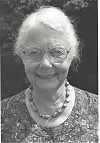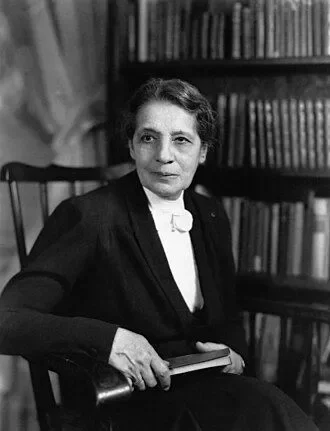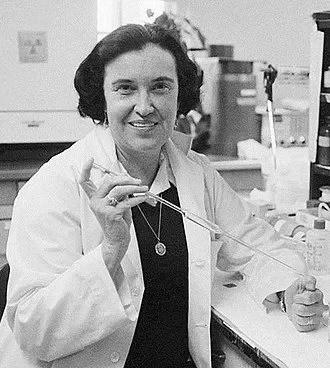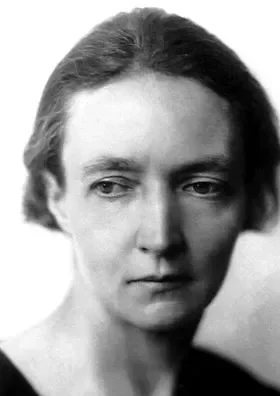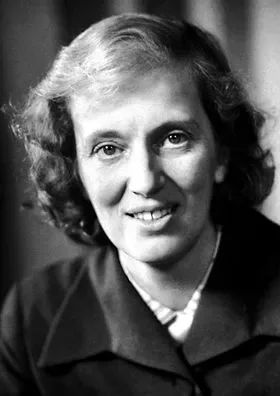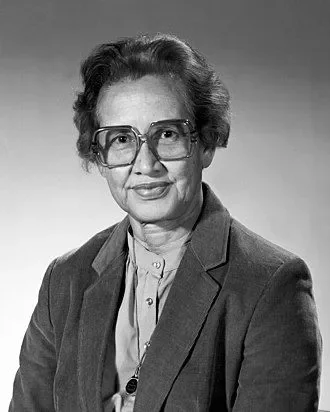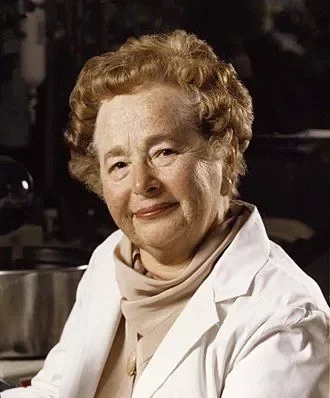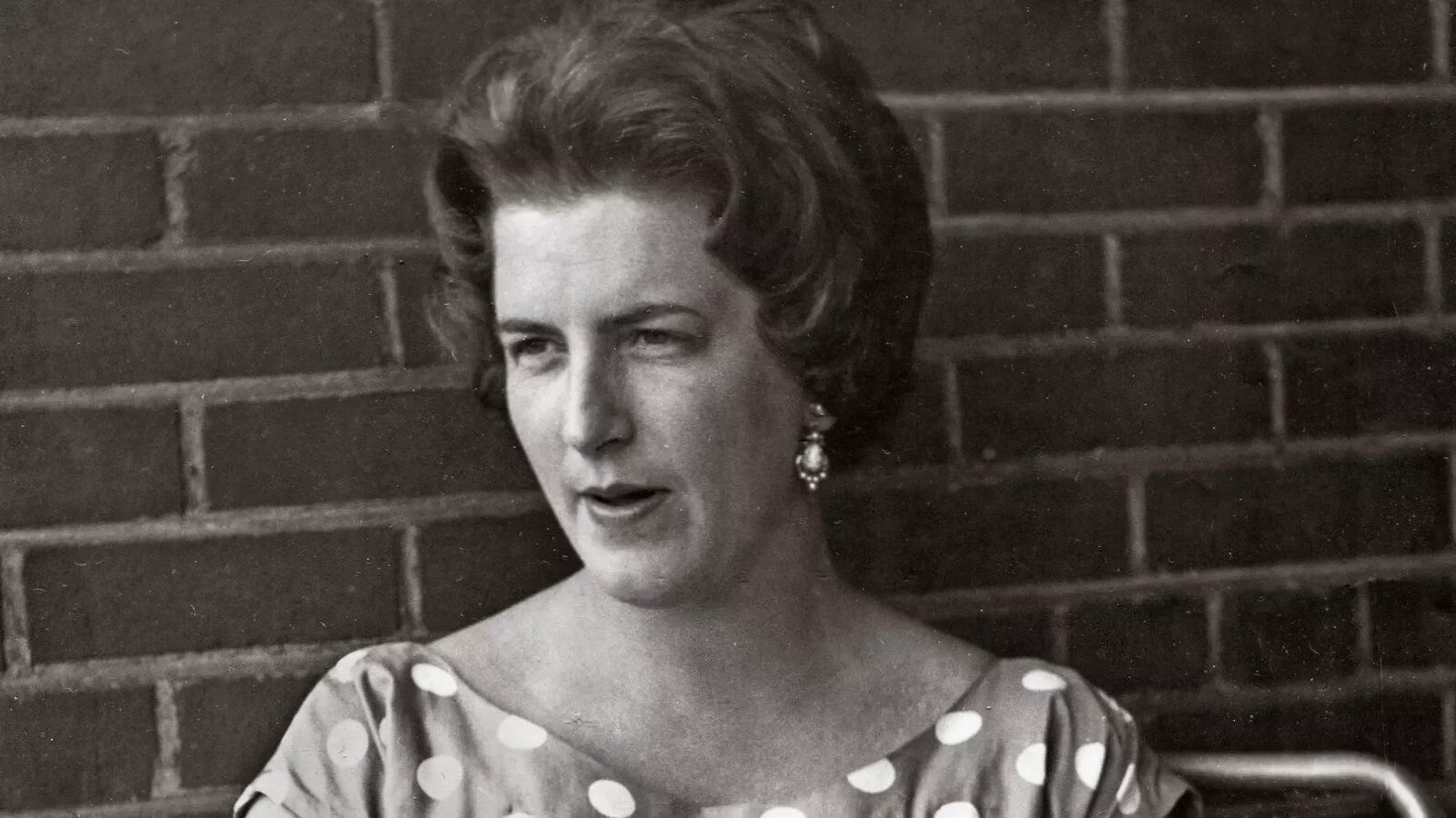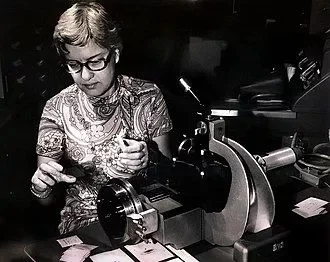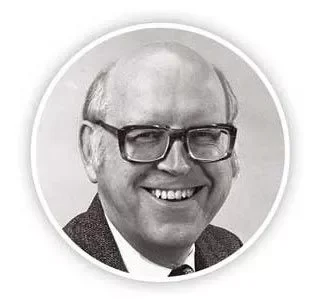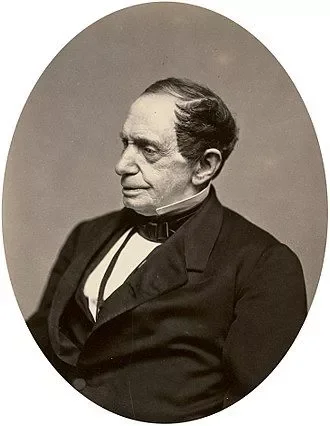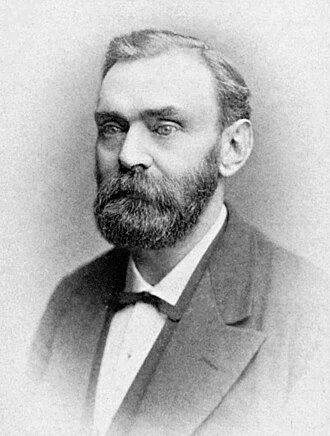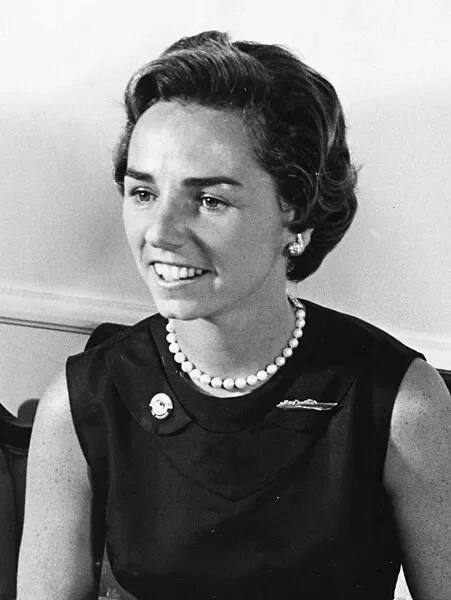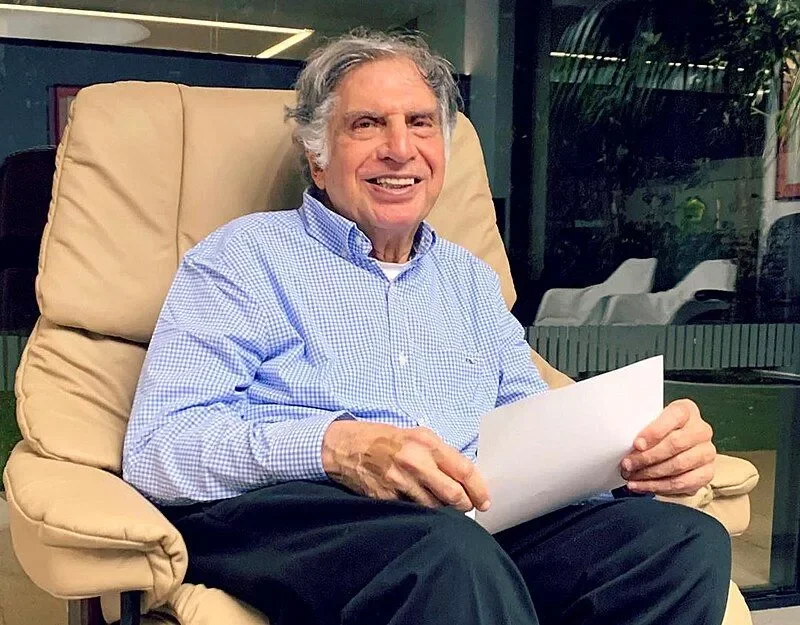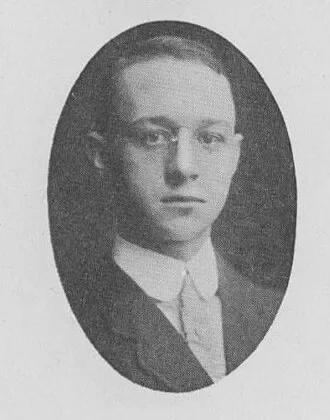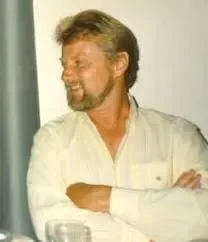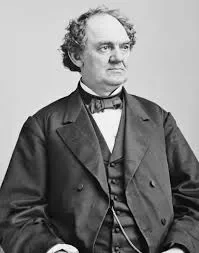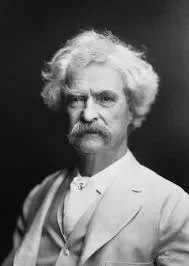Real Celebrities Never Die!
OR
Search For Past Celebrities Whose Birthday You Share
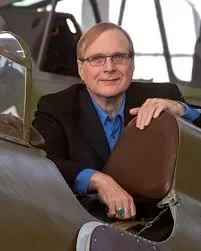
source:wikipedia.org
Paul Allen
Birthday:
21 Jan, 1953
Date of Death:
15 Oct, 2018
Cause of death:
Hodgkin's lymphoma
Nationality:
American
Famous As:
Entrepreneur
Age at the time of death:
65
Paul Allen's Quote's
Introduction
Paul Allen was a visionary entrepreneur, philanthropist, and co-founder of Microsoft Corporation. His contributions to the tech industry, as well as his philanthropic endeavors and ownership of sports teams, left an indelible mark on the world.
Early Life and Education
Allen was born on January 21, 1953 in Seattle, Washington to Kenneth Sam Allen (a librarian) and Edna Faye (née Gardner) Allen (a fourth-grade teacher).
Childhood Interest in Computers
From his childhood days, Allen had always showed interest in computers. Allen was privileged to attend a private school in Seattle, where he met and became friends with Bill Gates, whom he shared an enthusiasm for computers.
Early Programming Experience
Little did they know that this chance encounter would shape the future of the tech industry. Back then, the duo used Lakeside’s Teletype terminals to develop their programming skills on several time-sharing computer systems.
Challenges During Research
They also used the laboratory of the Computer Science Department of the University of Washington for personal research and computer programming until they were banned in 1971 for abusing their privileges.
Academic Achievements
Allen’s aptitude for computing became evident when he scored a perfect 1,600 on his SAT test. He went on to attend Washington State University but dropped out after two years to pursue a career in programming. Meanwhile, Gates enrolled at Harvard University, but their paths would soon converge once again.
Founding Microsoft
In 1975, Allen and Gates decided to capitalize on the emerging personal computer market. Together, they co-founded Microsoft, a company that would revolutionize the tech industry. Initially focused on creating software for microcomputers, Allen and Gates secured a contract to adapt the BASIC programming language for use on the Altair computer.
Success with the Altair
With their success in developing the software for the Altair, Allen and Gates realized the immense potential of the personal computer market. They seized the opportunity to collaborate with IBM, promising to deliver an operating system for the company’s PC offering. This led to the creation of MS-DOS, a groundbreaking operating system that would pave the way for Microsoft’s future success.
Allen’s Role at Microsoft
As Microsoft grew rapidly, Allen played a crucial role in its early years. While Gates took on the role of the company’s ambitious and driven business strategist, Allen served as the “idea man” and provided valuable technical expertise. Together, they propelled Microsoft to become a dominant force in the industry.
Key Contributions to Microsoft’s Growth
Allen’s contributions extended beyond software development. He was instrumental in negotiating a nonexclusive license for MS-DOS and securing the rights to provide the software for IBM’s personal computers. This move positioned Microsoft at the forefront of the PC boom, setting the stage for its future dominance.
Health Challenges and Resignation
However, Allen’s journey at Microsoft took a turn when he was diagnosed with Hodgkin’s disease in 1983. Faced with his health challenges, Allen made the difficult decision to resign from the company he helped build. Despite his departure, he remained on the board of directors and continued to shape Microsoft’s trajectory.
Philanthropic Endeavors
Following his departure from Microsoft, Allen dedicated his time and resources to various philanthropic endeavors. He established the Paul G. Allen Family Foundation in 1990, focusing on strengthening and developing communities in the Pacific Northwest. Through his foundation, Allen supported numerous nonprofit organizations, making a significant impact on education, science, the arts, and community development.
Scientific Contributions
Allen’s philanthropy extended far beyond his local community. He donated over $2 billion towards scientific research, technology, environmental preservation, and the fight against diseases such as Ebola. His contributions included the establishment of the Allen Institute for Brain Science and the Allen Institute for Artificial Intelligence, both dedicated to advancing scientific knowledge and understanding.
Investments in Sports
Aside from his forays into the tech and philanthropic worlds, Allen also made substantial investments in sports teams. He became the owner of the Portland Trail Blazers in 1988, a team in the National Basketball Association (NBA). Additionally, he acquired the Seattle Seahawks of the National Football League (NFL) in 1997, ensuring that the team remained in Seattle.
Passion for Music and Culture
Allen’s passion for music and culture led him to establish the Experience Music Project, now known as the Museum of Pop Culture, in 2000. Designed by renowned architect Frank O. Gehry, the museum showcases the rich history and influence of popular music. Allen’s love for Jimi Hendrix, in particular, was evident in his extensive collection of Hendrix memorabilia displayed at the museum.
Personal Life and Passing
Paul Allen was never married nor had children. Sadly, Paul Allen passed away in 2018 after a battle with non-Hodgkin’s lymphoma.
Legacy
From his pioneering work at Microsoft to his transformative philanthropy and cultural contributions, Paul Allen’s legacy will forever inspire future generations to push the boundaries of innovation and make a difference in the world.
Name:
Paul Allen
Popular Name:
Paul Allen
Gender:
Male
Cause of Death:
Hodgkin's lymphoma
Spouse:
Place of Birth:
Seattle, Washington, U.S.
Place of Death:
Seattle, Washington, U.S.
Occupation / Profession:
Personality Type
Entertainer: Spontaneous, energetic and enthusiastic people, life is never boring around them. Paul Allen was a warm and generous person who would stop at nothing to help people in need.
Allen was a musician and was also part of a band called the Underthinkers. They released an album called Everywhere at Once.
He funded SpaceShipOne whose mission was to become the world’s first commercial space vehicle.
He owned a 414-foot yacht named Octopus that cost $200 million to build and was equipped with a recording, helipads, and two submarines.
He owned two professional sports teams - NFL’s Seattle Seahawks and the NBA’s Portland Trail Blazers.
Paul Allen has donated over $2 billion to charity.
Allen received the W.J.S. Krief Lifetime Achievement Award in 2010
Allen was inducted into the International Space Hall of Fame in 2014
He one the Collier Trophy for SpaceShipOne along with Burt Rutan, Doug Shane, Mike Melvill, and Brian Binnie
He received a Lifetime Achievement Award from Seattle Business magazine in 2014
He was also co-owner for the Seattle Sounders FC team
He was awarded the Vanguard Award from the National Cable & Telecommunications Association in 2008
He was elected to the American Academy of Arts and Sciences in 2011
He was posthumously inducted into the Seattle Seahawks Ring of Honor
He was the owner of the Portland Trail Blazers NBA team
Paul Allen co-founded Microsoft
The SpaceShipOne team were awarded the 2005 National Air and Space Museu Trophy for Current Achievement

